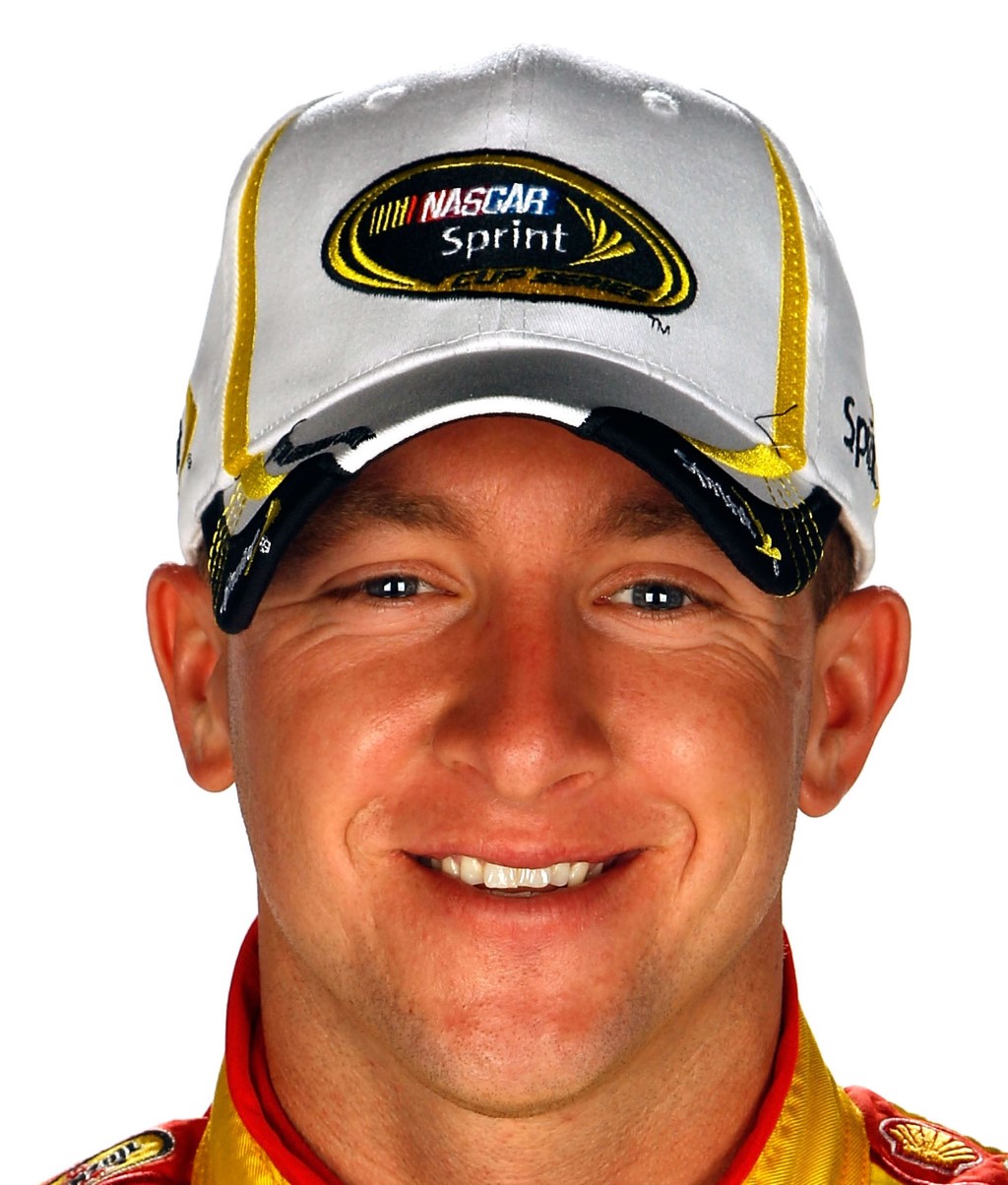Did Allmendinger lie?
 |
| If Allmendinger did lie to the world his reputation is shot. |
It is highly unlikely that AJ Allmendinger's positive test for amphetamines resulted from a single pill taken one time, as the suspended Sprint Cup driver recently stated, a source close to the situation told ESPN.com.
It also is highly unlikely that Allmendinger will complete NASCAR's Road to Recovery program, necessary for reinstatement, by the end of August, as the driver stated, the source said.
"That's not going to happen," the source said.
Allmendinger, who drove the No. 22 Penske Racing Dodge in Sprint Cup, was suspended indefinitely by NASCAR on July 24. He likely will need a lengthier recovery period, according to the source.
The driver said last week that the positive test resulted from prescription Adderall that he was given by the friend of a friend two days before he was randomly tested at Kentucky Speedway on June 29. Adderall is administered medically to control symptoms of attention deficit hyperactivity disorder.
However, the source told ESPN.com that Allmendinger's one-pill defense is not consistent with the test results.
Adderall can remain in a person's system for up to 72 hours, but the source said that in Allmendinger's case it was "very unlikely that one-pill usage one time would be detected after 24 hours."
Adderall does contain compounds of amphetamines, but so do other prescription and illegal drugs.
"They're all going to be on their banned list," said Dr. Don Catlin, co-founder and president of Anti-Doping Research & Support Clean Sport and founder and the former director of the UCLA Olympic Analytical Lab.
Catlin said that without knowing the dosage of the pill and the level of sensitivity in the laboratory testing he could not make an educated statement on whether one Adderall pill taken one time could produce a positive result. In general, Catlin said, Adderall would show in one's urine for a couple of days.
NASCAR officials have said they are unaware of the specific substance that Allmendinger ingested, other than it was an amphetamine. NASCAR has declined to comment beyond that.
NASCAR denied ESPN.com's request to interview Dr. David Black, who heads the Nashville-based Aegis Sciences Corp. that runs the drug-testing program for the sport, regarding Allmendinger's claims.
"We don't feel it's appropriate nor necessary at this time for NASCAR to discuss AJ Allmendinger's situation while he's undergoing the Road to Recovery program," NASCAR spokesman David Higdon said. "NASCAR's involvement remains as a facilitator between the program and AJ to provide him the necessary means to be considered for reinstatement."
Allmendinger, according to the source, also did not reveal to the medical review officer during standard questioning given before the random test that he took anything given to him by another person that possibly could register a positive test.
Such questions are common in other sports, with the Olympics' guidelines setting the standard.
"That should be the place where they disclose that on the intake form," Catlin said. "It's an opportunity for an athlete to say what they are doing and an opportunity to declare if they have a therapeutic use or exemption."
Allmendinger originally speculated while awaiting test results of the "B" sample split from his original sample that the positive test was triggered by a supplement or over-the-counter drug he might be taken.
Black, reached by ESPN.com last month, said this was unlikely.
"Certainly, if that had been a possibility (it) would have been ruled out before any action was taken,'' Black said. "On every positive test we have, we look to rule out the possibility of a supplement being involved.
"I'm not aware of any commercial products that would have influenced the test outcome.'' More at ESPN.com
